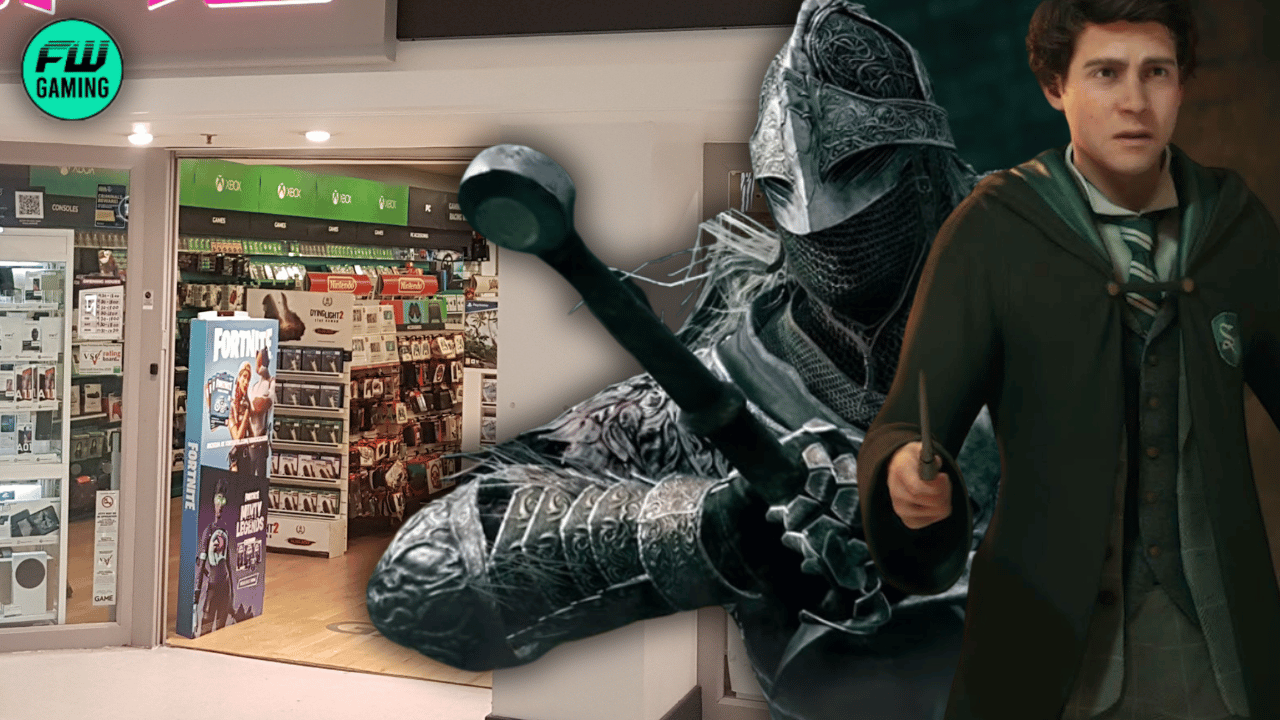Remedy, RGG, and other studios have stopped offering physical releases for their games. What was once a staple in the gaming industry is now increasingly fading into a trend of the past.
The way games are distributed and consumed is constantly evolving, and there are both pros and cons to this shift. Recent data from 2019 to 2023, collected by Circana Games Market Dynamics, shows us that there’s an active decline in physical releases in favor of digital distribution.
Studios Like Remedy Are Skipping Out on Physical Releases

According to Mat Piscatella, Executive Director & Video Game Industry Analyst at Circana, physical software accounted for approximately 10% of all US video game content spending in 2019. However, by 2023, this percentage had plummeted to under 5%.
Physical software accounted for approximately 10% of all US video game content spending in 2019 (across Console, Portable, PC, Cloud, Non-Console VR, Subscription and Mobile). In 2023 this percentage fell to under 5%. Source: Circana Games Market Dynamics
— Mat Piscatella (@MatPiscatella) April 9, 2024
Consumers are moving away from physical purchases, opting to buy games digitally. While the percentages are probably lower than what you thought, this isn’t a sudden, unexpected shift in consumer buying trends.
This hasn’t necessarily affected peripheral/gamepad sales, as they’re already on a steady growth path over the last few years.
Nope. Gamepad sales have been thriving the last few years. Strong growth from variety of colors/themes and price points.
— Mat Piscatella (@MatPiscatella) April 9, 2024
Comments under the tweet were all over the place; strong supporters of physical media commented in favor of physical. Others felt that the data was skewed, as DLC, microtransactions, and many games are digital-only.
However, the fact doesn’t change either way: the video game industry is rapidly becoming a digital-only affair, and physical releases will phase out as time goes by, as seen by Remedy ditching the release model for Alan Wake 2.
Physical Releases Are a Dying Trend, and it’s Not Looking Good

It’s undeniable that digital distribution platforms have democratized access to games. This has allowed developers to reach a global audience with total ease. Unlike physical releases, which are limited by distribution networks and shelf space, digital games can be distributed simultaneously across multiple regions.
Pretend you’re Remedy. With digital-only releases, you’re essentially bypassing the need for manufacturing, packaging, and shipping physical copies, heavily cutting production costs. Plus, the trends show that consumers are opting for digital over physical, so you’re doing what your customers seemingly want.
On the consumer side, buying games digitally is primarily a matter of convenience. With digital purchases, gamers can access and build their game libraries effortlessly on a single device.
However, what happens when the platform a user buys their games on shuts down its servers? You won’t be able to access your games anymore; they’re pretty much gone for good. A physical cartridge or CD is a guarantee that you can play the game, so long as it’s undamaged and you have access to a working device that can run it.
We’ve already seen this happen with other forms of media. When streaming services remove TV shows and movies from their platform, there’s legally no way of accessing that content anymore, even if you’ve purchased it.
While this is essentially a highly condensed and simplified version of a complex debate, we’d like to know what your opinions are on the physical vs. digital release debate. Feel free to tell us in the comments below!



